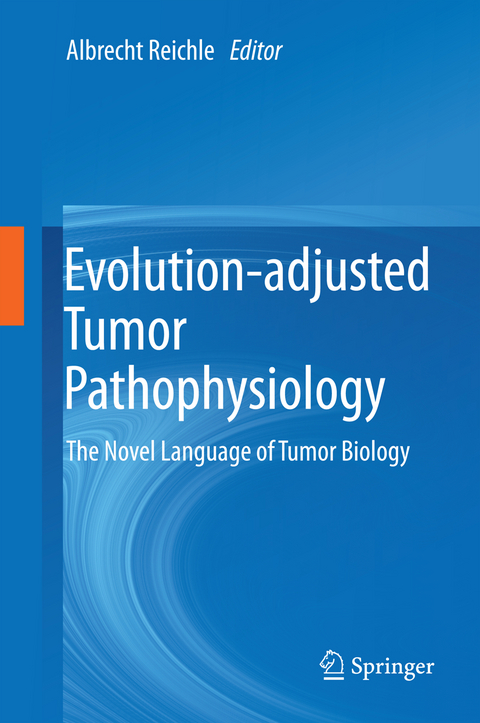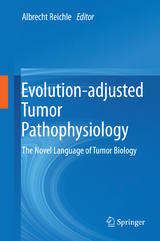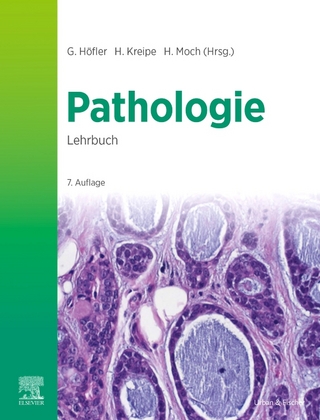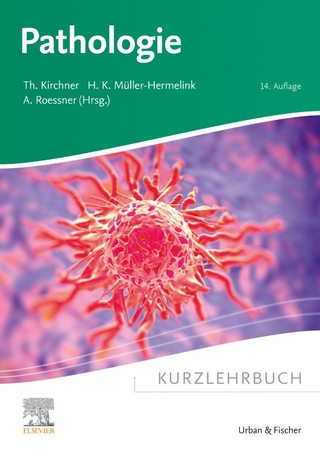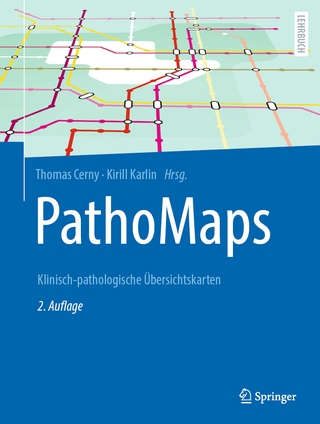Evolution-adjusted Tumor Pathophysiology:
Preface.-I Introduction.-Communication ─ evolution ─ pathophysiology: An endogenous conjunction ─Instead of an introduction.-II Combined modularized therapies for metastatic tumors: Pointing to central problems of communication among ‘systems participators’ in tumors.- Applied systems biology for the control of metastatic cancer: Therapeutic top-down strategy for targeting the tumors’ normativity.- Targeting the proangiogenic network in angiosarcomas: Biomodulatory therapy.- Long-term results of combined modularized, immune-modulatory, angiostatic, and antiinflammatory therapy in systemically pre-treated multi-systems Langerhans cell histiocytosis.- Redirecting and modulating rationalizations of tumor-immanent normative functions in castration-resistant prostate ancer.-III Social engineering: Biomodulation, either endogenously initiated or by implementation of non-normative boundary conditions.- Non-hierarchically organized operations in malignancies: Stromal dysfunction induces hematopoetic malignancies.- Biomodulatory therapy approaches in renal clear cell carcinoma: A perspective.- Proteome analysis identified the PPARc ligand 15d-PGJ2 as a novel drug inhibiting melanoma progression and interfering with tumor-stroma interaction.IV The tumors’ normativity: Reconstructing and operationalizing starting points for an evolution theory.- The philosophical quest of a cancer cell: Redefining existentialism.- The tumor’s normativity: Normative structures, action norms and decision maxims as therapeutic targets for tumor therapy.- Criticizable claims for the validity of communication acts in biological systems: Therapeutic implications in cancer.-V Evolution theory.- Evolution theory: Its practical relevance for understanding tumor development and specifying tumor therapy.- Modularity, subjectivity, intersubjectivity and normativity: Clinically applicable operative benchmarks.- Turningupside down the mode of science to emphasize and harness the impact of environmental communicative events. VI From genome- or organ-centric to rationalization-centric systematization of tumors.- Purposive-rational tumor therapy: Exploiting the tumor’s ‘living world’ for diversifying, specifying and personalizing tumor therapy.- Including rationalizations of tumor-associated normative notions in pathophysiologic considerations: Communication-theoretical implications.-VII Reconstruction of tumor-immanent normative functions, structures and decision maxims (hubs).- Bridging a diagnostic and therapeutic gap: Selecting, assessing and categorizing tumor-associated normative notions.- Personalizing tumor pathophysiology by diagnosing developmental problems in tumors with imaging techniques.- Biologic memory: Induction by metronomically administered combined modularized therapy.- VIII The tool of rationalizations constituting tumor-associated normative notions: The non-genomic counterpart of the tumor genome and therefore, an important therapeutic target for diversifying palliative care.- Diversifying and specifying palliative care for patients with metastatic cancer by therapeutic implementation of non-normative boundary conditions.- Targeting a hallmark of cancer: Simultaneous inflammation and tumor control for palliative care in metastatic cancer.-IX Novel clinical and pharmaceutical technology for bioengineering tumor response.- Combined modularized tumor therapy ─ tumor biology ─ and prognostic factors: Bioengineering tumor response.-X Objectifying the systems objects’ subjectivity in biological systems: A novel reification of the scientific picture about the ‘objective’ world.- The systems objects’ subjectivity as scientific object. Index.
| Erscheint lt. Verlag | 11.7.2013 |
|---|---|
| Zusatzinfo | X, 453 p. |
| Verlagsort | Dordrecht |
| Sprache | englisch |
| Maße | 155 x 235 mm |
| Themenwelt | Medizin / Pharmazie ► Medizinische Fachgebiete ► Onkologie |
| Studium ► 2. Studienabschnitt (Klinik) ► Pathologie | |
| Naturwissenschaften ► Biologie | |
| Technik | |
| Schlagworte | Biomodulatory tumor therapy • Communication theory • Evolution theory • Philosophy • Tumor pathophysiology |
| ISBN-10 | 94-007-6865-6 / 9400768656 |
| ISBN-13 | 978-94-007-6865-9 / 9789400768659 |
| Zustand | Neuware |
| Haben Sie eine Frage zum Produkt? |
aus dem Bereich
